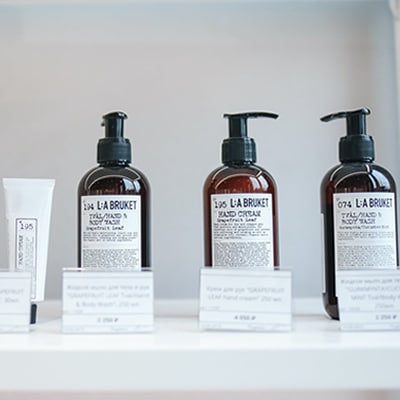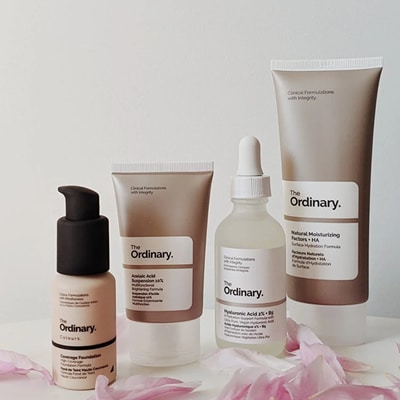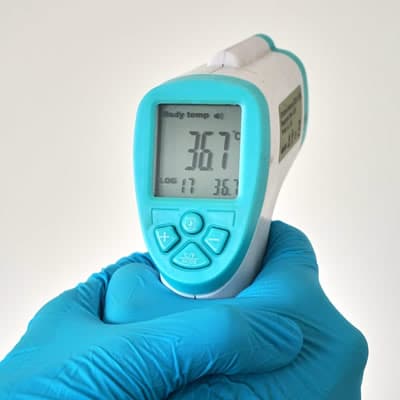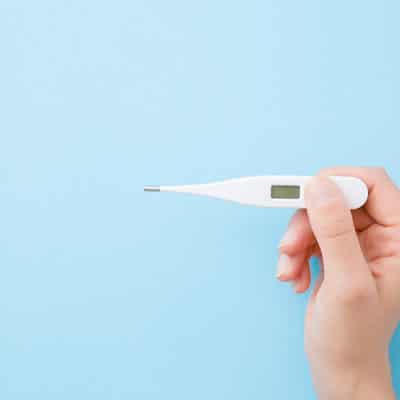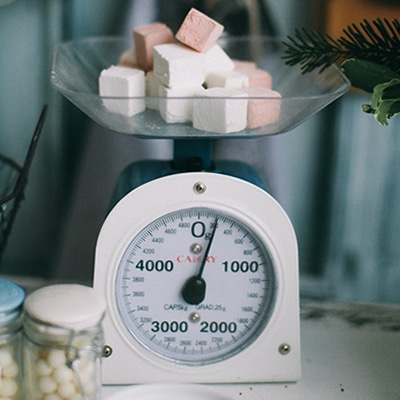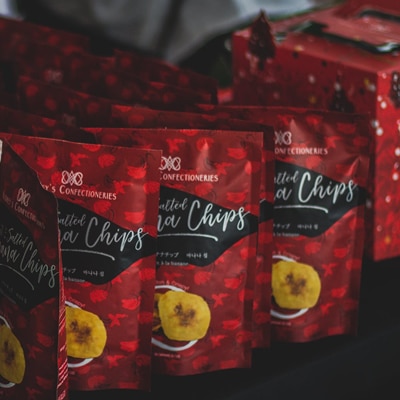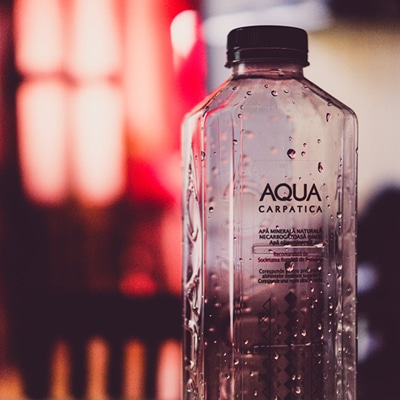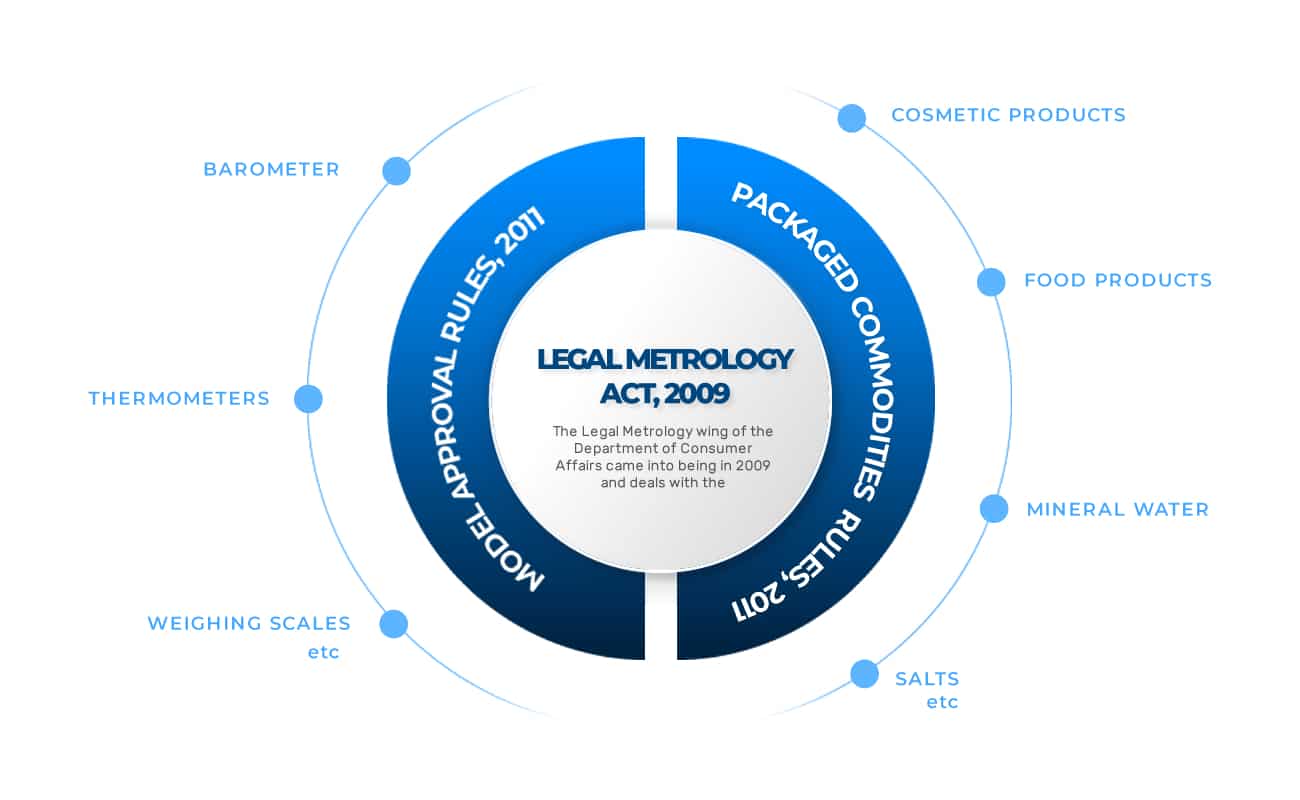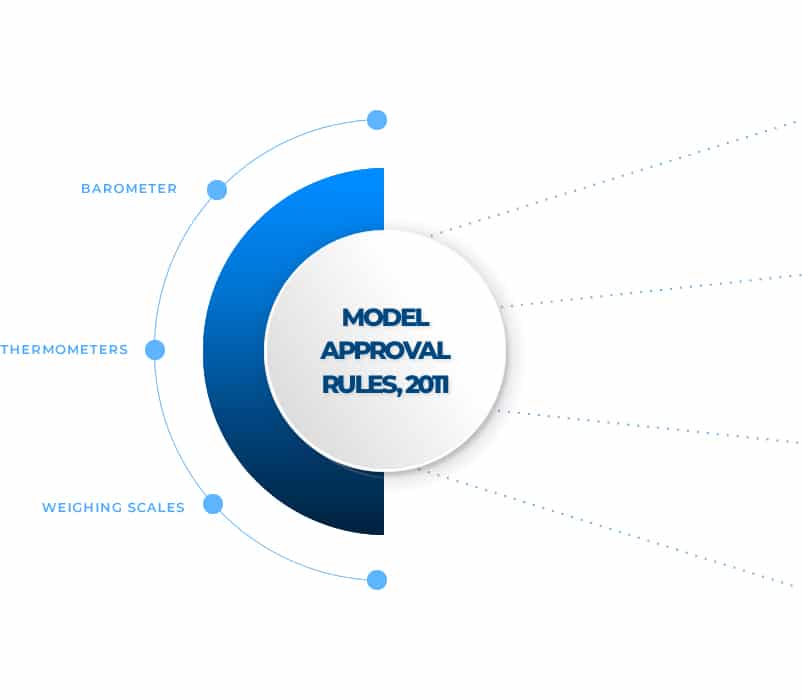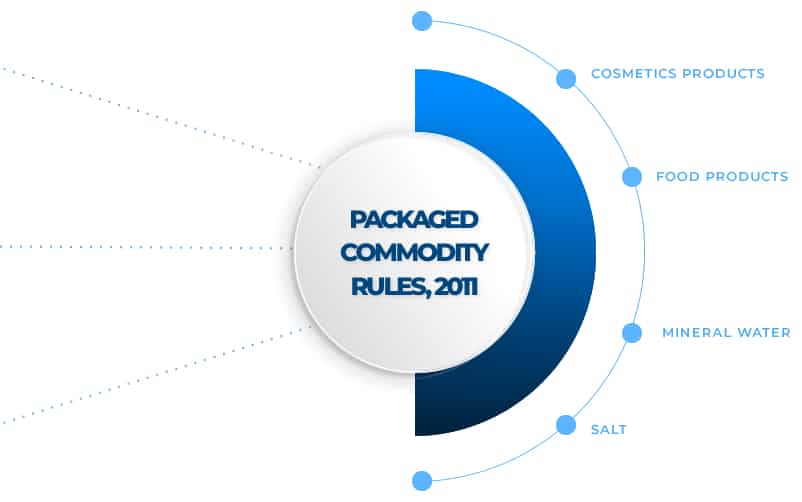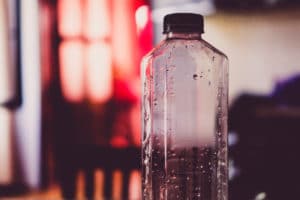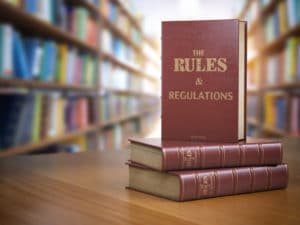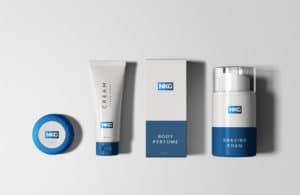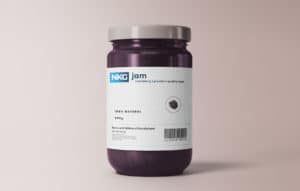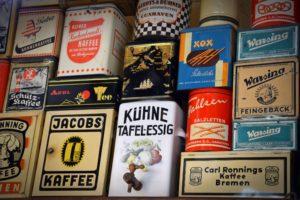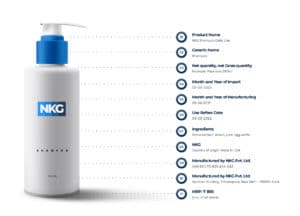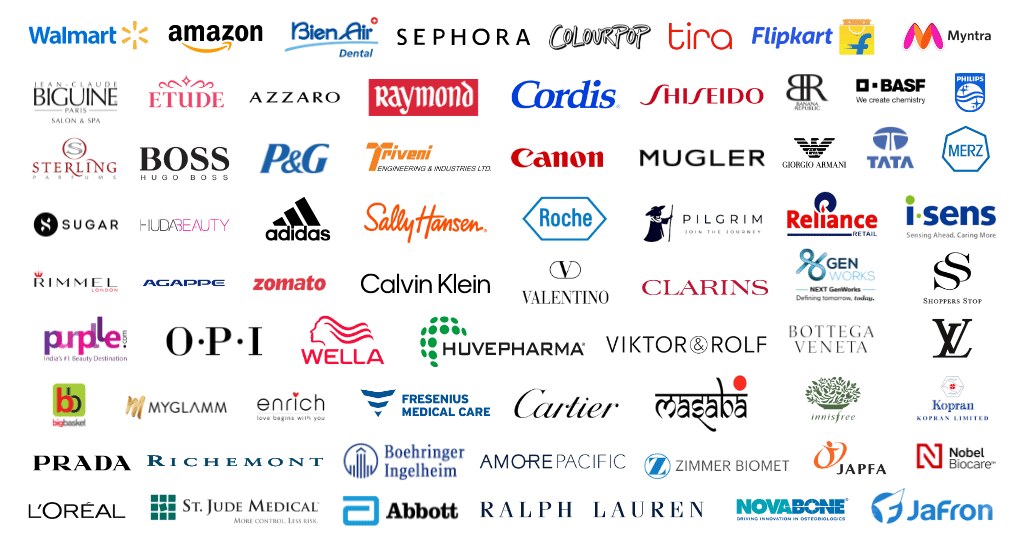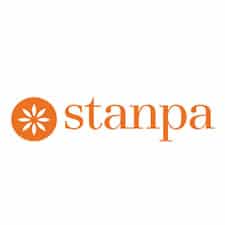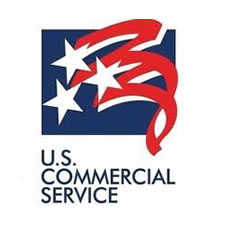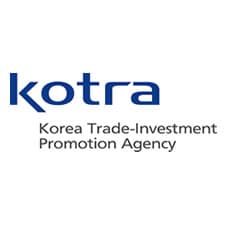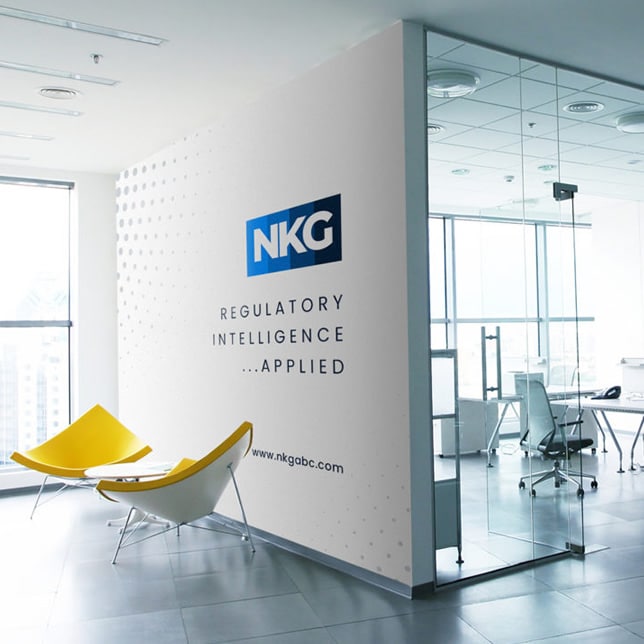|
#
|
Commodities
|
Quantities in which to be packed
|
|
1.
|
Baby food
|
25g, 50g, 100g, 200g, 300g, 350g, 400g, 450g,500g,
600g, 700 g, 800 g, 900g, 1 kg, 2kg, 5 kg and 10 kg.
|
|
2.
|
Weaning food.
|
below 50g no restriction, 50g,100g, 200g, 300g, 400g, 500g, 600g, 700g, 800g, 900g, 1 kg, 2 kg, 5 kg and 10 kg. 75g, 125g, 150g, 250g
|
|
3.
|
Biscuits
|
25g, 50g, 60g, 75g, 100g, 120g, 150g, 200g, 250g, 300g
350g, 400g and thereafter in multiples of 100g up to 1 kg and thereafter in multiples of 500g upto 5 kg,
|
|
4.
|
Bread including brown bread but excluding bun.
|
50g and thereafter in of multiples 50g up to 500g and above 500g in multiples of 100g.
|
|
5.
|
Un-canned packages of butter and margarine
|
below 25 g no restriction, 25g, 50 g, 100 g, 200 g, 500 g,
1 kg, 2 kg, 5 kg, and thereafter in multiples of 5 kg.
|
|
6.
|
Cereals and Pulses
|
below 100g no restriction, 100g, 200g, 500g, 1 kg, 2 kg, 5 kg and thereafter multiples of 5 kg
|
|
7.
|
Coffee
|
below 25g no restriction, 25g, 50g, 75g, 100g, 150g, 200g, 250g, 500g, 750g ,1kg 1.5kg, and thereafter in multiples of 1kg.
|
|
8.
|
Tea
|
below 25g no restriction, 25g, 50g, 75g, 100g, 125g, 150g, 200g, 250g, 500g, 750g, 1kg, 1.5 kg, 2kg and thereafter in multiples of 1kg.
|
|
9.
|
Materials which may be constituted or reconstituted as beverages.
|
below 50 g no restriction, 50g, 75g, 100 g, 125g ,200 g, 250g, 400g, 450g,
500 g, 750g, 1 kg and thereafter in multiples of 1 kg. (56g and 61 g for medical purpose only)
|
|
10
|
Edible Oils Vanaspati, ghee, butter oil
|
50 g, 100 g, 200 g, 250g, 500 g, 1 kg, 2 kg, 3 kg, 5 kg and thereafter in multiples of 5 kg below 50g no restriction, 175g, 300g, 750g If the net quantity is declared by volume then 50ml, 100ml, 200ml, 250ml, 500ml, 1 liter, 2liter, 3 liter and 5 liter and thereafter in multiples of 5 liters and the net quantity must be declared by mass also in the same size of letters/numerals. below 50ml no restriction, 175ml, 300 ml, 750ml
|
|
11.
|
Milk Powder.
|
Below 50g no restriction, 50 g, 100g, 150g, 200g, 250g, 500 g, 1 kg, and thereafter in multiples of 500 g.
|
|
12.
|
Non-soapy detergents (powder)
|
Below 50g no restriction, 50 g, 75g, 100g, 150g, 200g, 250g, 400g, 500 g, 700g, 750g, 1 kg 1.5kg, 2kg and thereafter in multiples of 1kg.
|
|
13.
|
Rice(powdered), flour, atta, Rawa and suji.
|
100g, 200g, 500g, 1kg,1.25kg, 1.5kg, 1.75kg, 2kg, 5 kg and thereafter in multiples of 5 kg.
|
|
14.
|
Salt
|
Below 50g in multiples of 10g, 50g, 100g, 200g, 500g, 750g, 1 kg, 2 kg, 5 kg, and thereafter in multiples of 5 kg.
|
|
15.
|
Soaps
|
|
|
|
(a) Laundry Soap
|
25g, 50g, 75g, 100g, 125g, 150g, and thereafter in multiples of 50g.
|
|
|
(b) Non-soapy detergent cakes/ bars.
|
below 50g no restriction, 50g, 75g, 100g, 125g, 150g, 200g, 250g, 300g and thereafter in multiples of 100g
|
|
|
(c) Toilet Soap including all kinds of bath soap (cakes).
|
15g, 25g, 50g, 60g, 75g, 100g, 125g, 150g and thereafter in multiples of 50g.
|
|
16.
|
Aerated soft drinks, non- alcoholic beverages.
|
65 ml (fruit based drinks only), 100 ml, 125ml(fruit based drinks only), 150 ml, 160ml, 175ml, 180ml, 200 ml, 240ml, 250 ml, 300 ml, 330ml , 350ml, 400ml, 475ml, 500 ml, 600ml, 750 ml, 1 liter, 1.2 liter, 1.25 liter, 1.5 liter, 1.75 liter, 2 liter, 2.25 liter, 2.5 liter, 3 liter, 4 liter and 5 liter.
|
|
17.
|
Mineral water and drinking water
|
100 ml, 150 ml, 200 ml, 250 ml, 300 ml, 500 ml, 750 ml,
1 liter, 1.5 liters, 2 liters, 3 liters, 4 liter and 5 liters and in multiples of 5liter.
|
|
18.
|
Cement in bags.
|
1 kg, 2 kg, 5 kg, 10 kg, 20 kg, 25 kg, 40 kg (for White cement only) and 50 kg.
|
|
19.
|
Paint varnish etc.
|
|
|
|
(a) Paint (other
than paste paint or
solid paint)
varnish, varnish
stains, enamels.
|
50 ml, 100 ml, 200 ml, 500 ml, 1 liter, 2 liter, 3 liter, 4
liter, 5 liters and thereafter in multiples of 5 liters.
|
|
|
(b) Paste paint and
solid paint
|
500g, 1 kg, 1.5 kg, 2 kg, 3 kg, 5 kg, 7kg and thereafter
multiple of 5 kg.
|
|
|
(c) Base paint:
|
100ml, 250ml, 400ml, 450 ml, 500 ml, 900 ml, 925 ml,
950 ml, 975 ml, 1 liter, 1.5-liter, 2-liter, 2.5-liter, 3.5 liter,
3.6-liter, 3.7-liter, 3.8-liter, 3.9 liter and 4 liter and no
restriction above 4 liters.’
|



